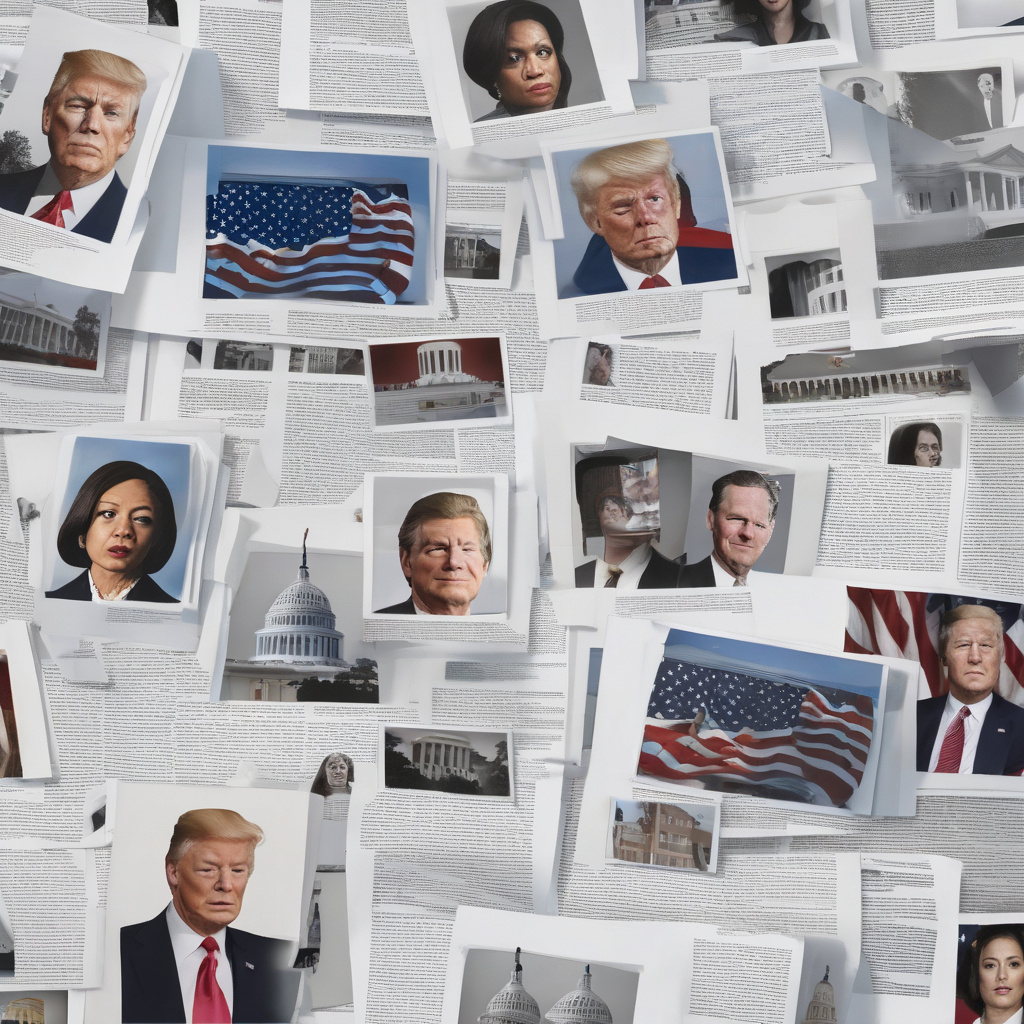US Investigates UK Over Alleged Backdoor Demand for Apple Data
Apple, the tech giant known for its commitment to user privacy and data security, recently made headlines by withdrawing an encrypted storage feature for UK users. This decision came after reports surfaced claiming that the UK government had requested a security backdoor from Apple, which the company vehemently rejected. As a result, the US government has launched an investigation into the matter, highlighting the complexities of balancing national security concerns with individual privacy rights.
The clash between Apple and the UK government underscores the ongoing debate surrounding encryption, backdoors, and government access to private data. Encryption plays a crucial role in safeguarding sensitive information, ensuring that only authorized parties can access it. However, governments often argue that they need access to encrypted data to combat crime, terrorism, and other national security threats. This tension between privacy and security has led to numerous legal and ethical challenges, with tech companies frequently caught in the crossfire.
Apple’s decision to pull the encrypted storage feature in response to the UK government’s alleged backdoor demand sends a clear message about the company’s stance on user privacy. By refusing to compromise on security principles, Apple has positioned itself as a champion of consumer rights in the digital age. This move is consistent with Apple’s long-standing commitment to protecting user data and resisting government pressure to weaken encryption standards.
The US government’s decision to investigate the situation reflects growing concerns about the implications of backdoor access to encrypted data. While law enforcement agencies argue that such access is necessary for conducting criminal investigations, privacy advocates warn that backdoors could be exploited by malicious actors, undermining the security of all users. The outcome of this investigation could have far-reaching implications for the tech industry, shaping future debates on encryption, data privacy, and government surveillance.
This case also highlights the global nature of technology regulation and the challenges of navigating different legal frameworks across jurisdictions. As tech companies operate on a global scale, they must comply with a patchwork of laws and regulations that often conflict with each other. The Apple-UK incident serves as a stark reminder of the complexities involved in balancing competing interests and values in an interconnected world.
In conclusion, the US investigation into the UK government’s alleged backdoor demand for Apple data raises important questions about privacy, security, and government surveillance in the digital age. As technology continues to advance, policymakers, tech companies, and civil society must engage in constructive dialogue to address these complex issues and find solutions that protect both individual rights and national security interests. The outcome of this case could set a precedent for future debates on encryption and data privacy, shaping the direction of tech policy for years to come.
privacy, security, encryption, government surveillance, data protection












